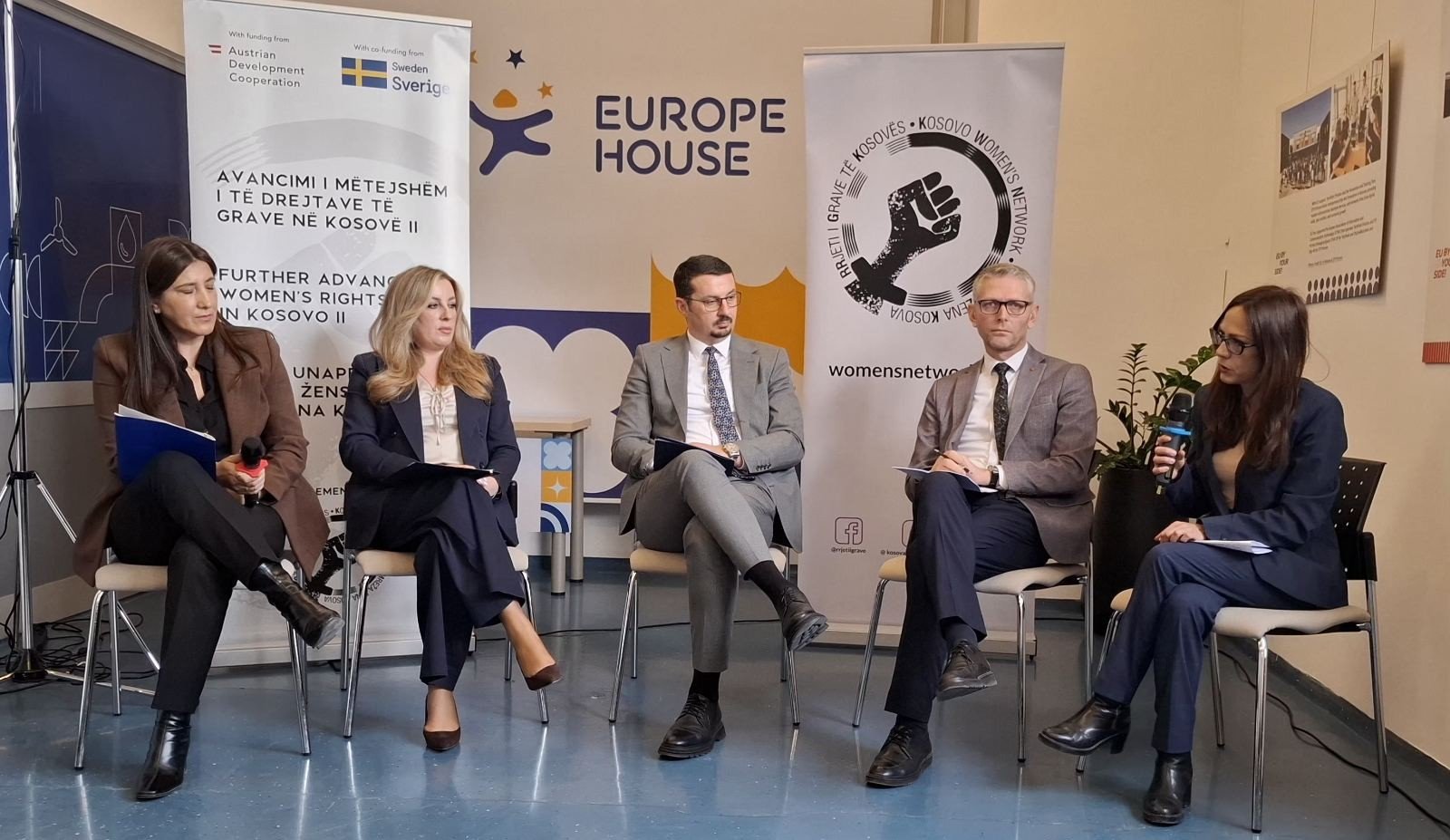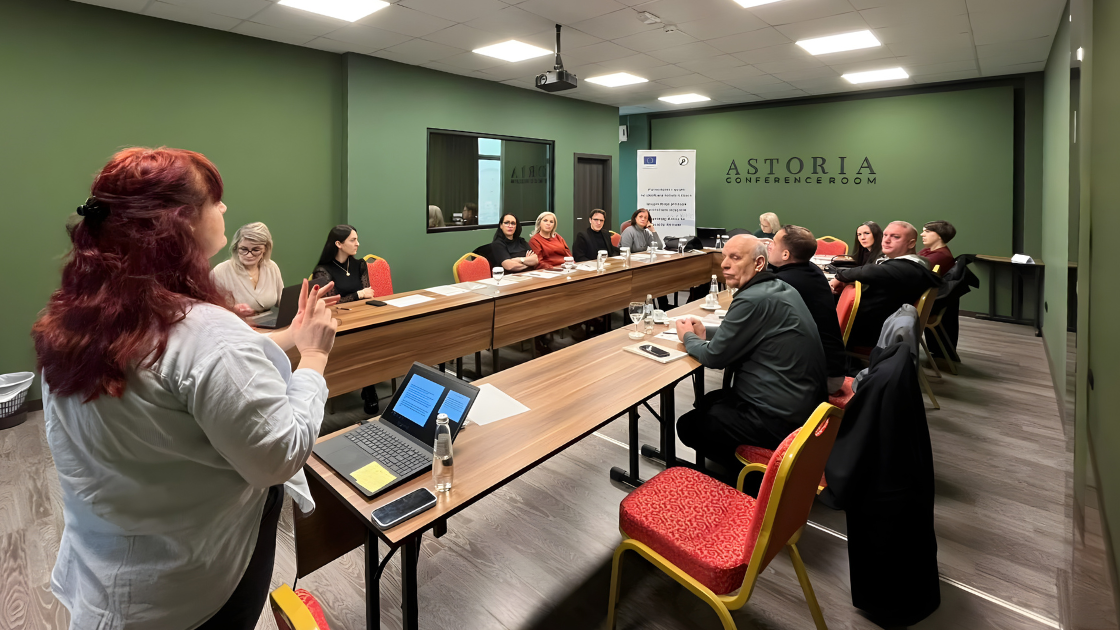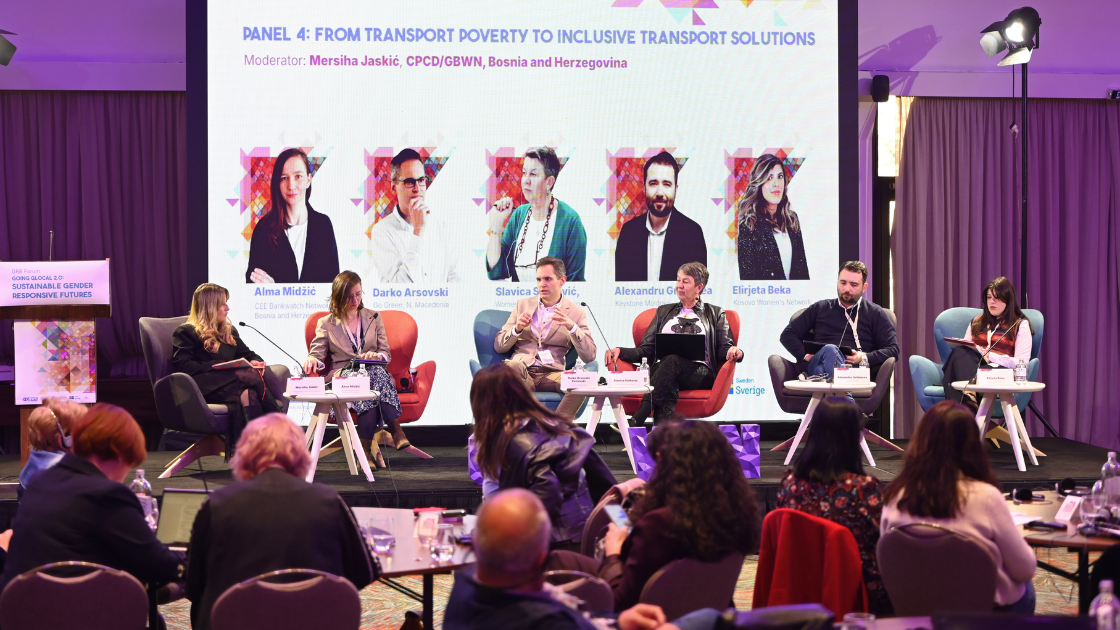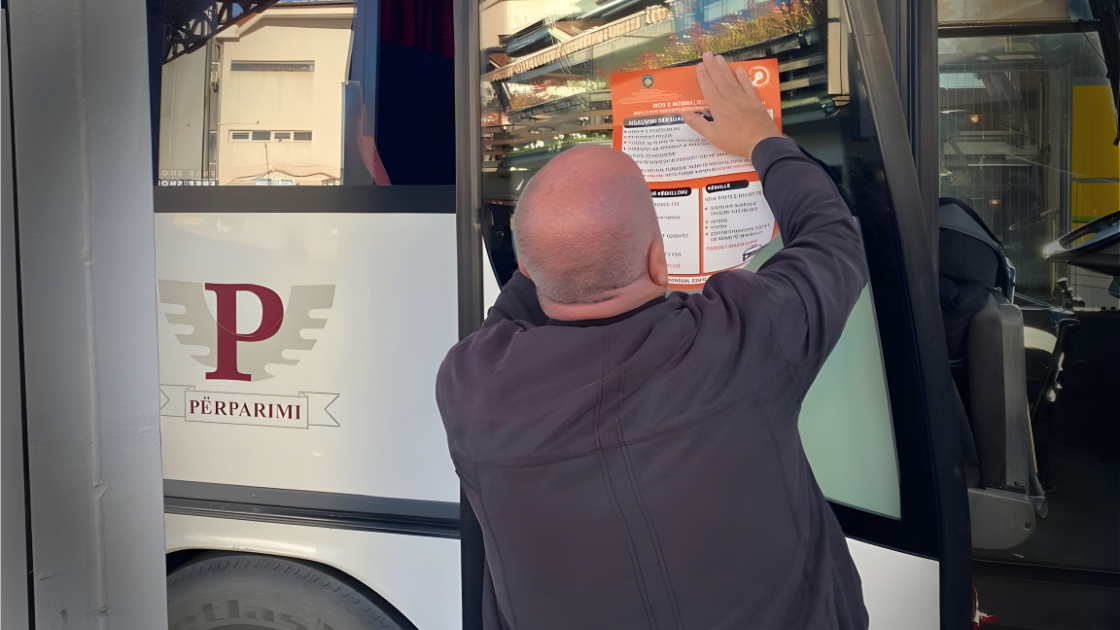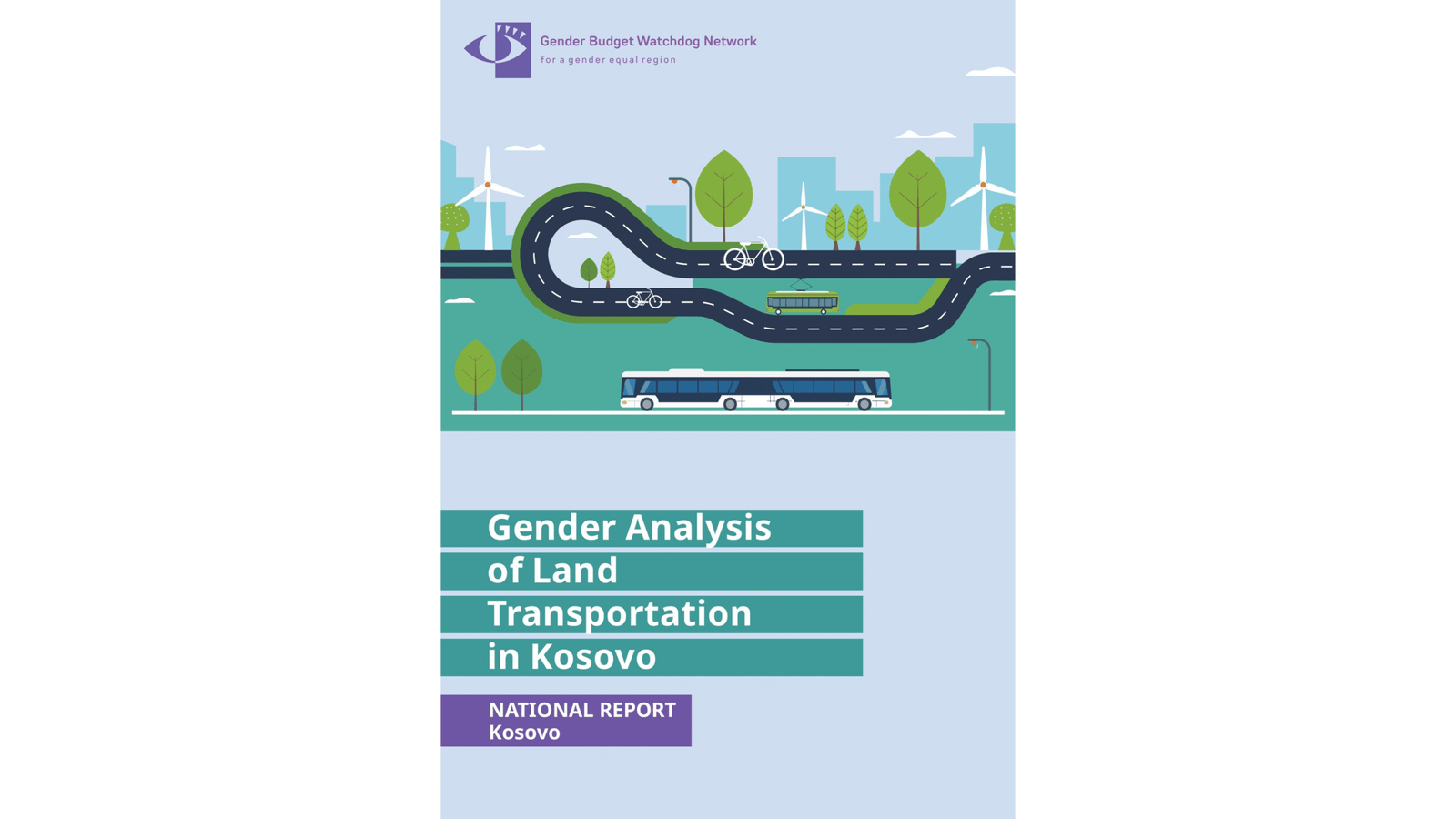The Gender Budget Watchdog Network (GBWN), consisting of more than 100 civil society organizations in the Western Balkans and Moldova, hosted “Going Glocal” an international Forum on gender responsive budgeting (GRB) in Skopje, North Macedonia on 19-20 Oct.
The Forum aimed to connect global expertise and local experiences using GRB, bringing together diverse activists, academics and officials to discuss best practices, lessons learned and methodological ideas.
Nicole Farnsworth, Kosovo Women’s Network (KWN) Program Director and Lead Researcher, presented initial findings from a working paper titled “Delving into the Details: Gender Responsive Budgeting: Delivering on Gender Equality Commitments in Multilaterals’ External Financing.”

This draft paper was discussed by experts from the region and around the world during the Forum, towards identifying ways to improve multilateral funders’ use of GRB in their own work and thus improve tracking of international funding towards gender equality. Participants also discussed ideas for improving gender markers. The paper will be finalized based on participants’ input.
Methodologies related to climate change financing from a gender perspective also were discussed.
Among the Forum conclusions were that we all need to work together to:
1. Build a larger global coalition to change the Organisation for Economic Co-operation and Development (OECD) gender marker to better track spending towards gender equality;
2. Advocate together with the European Women’s Lobby to the EU to make gender budgeting obligatory in the next Multiannual Financial Framework, to set clearer targets linked to financing in the next Instrument for Pre-Accession and Gender Action Plan IV, and to improve internal financial management systems to better tie outputs and impacts to actual expenditures;
3. Establish a coalition together with United Nations (UN) agencies to advocate for further improving GRB in UN agencies’ systems as part of the upcoming 2024 Commission on the Status of Women on financing for gender equality;
4. Provide recommendations to inform the World Bank’s new Gender Strategy so that it includes institutionalizing gender budgeting in all of the work of the Bank; and
5. Collaborate to influence climate change financing from a gender perspective.
Panelists agreed that continuing to build coalitions and expanding the network are crucial for future actions.
Vesa Rezniqi Pallaska from UNDP Kosovo was part of the last panel that explored both gender participation and the integration of gender perspectives in resilience measures and budgeting within the Central European Initiative (CEI) region.

KWN’s member organizations Mitrovica Women Associaton for Human Rights, EkoKosWomen, Kosovo Women’s Initiative, and the Youth Association for Human Rights participated in the event as GBWN members.
This initiative was organized by GBWN with support from Austrian Development Agency (ADA) and Swedish International Development Agency (Sida). It was also supported as part of an EU-funded Center for Research and Policy Making (CRPM) project focused on shaping policies and budgets to address the needs of women and men, especially during times of crisis.


